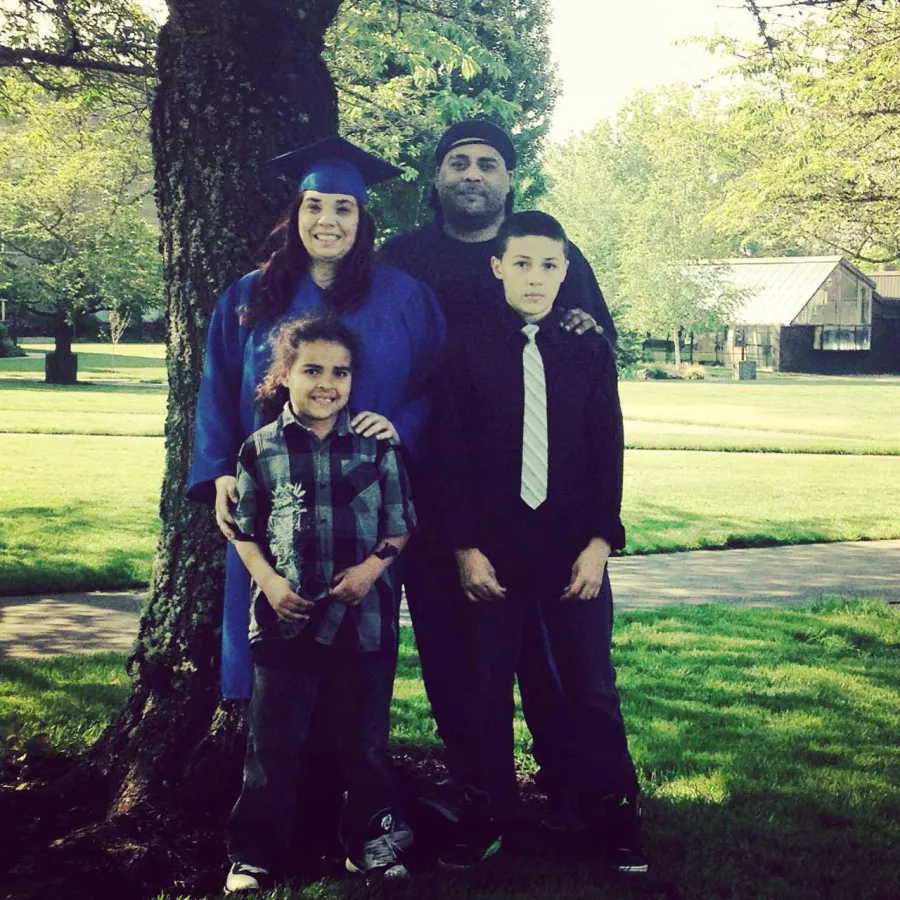Disaster Relief for WFSE Family Who Lost Home in Fire

Working Washingtonians are grappling with the far-reaching implications of the coronavirus pandemic. We spoke up in support of the governor’s order to stay home and stay healthy, tried to help our kids adapt to the sudden shift in their routines, and fought for the PPE and preventive policies we need to stay safe. Some of us are working the front lines of our state’s fight against the virus, bravely keeping our state going. Others are working long hours on the phone and computer to help folks access public resources like food benefits, unemployment, and health coverage.
Those of us who can stay home are lucky to do so. But what if you didn’t have a house?
WFSE member Kathy Tukes’s house burned down March 11.
Just two weeks later, Washington was in lockdown.
A Centralia College employee for the past six years, Tukes found herself doing her work for the enrollment department on a laptop and caring for her family in a motel room, as they tried to absorb the loss of their home, belongings, and family cat.
As she struggled to cope with personal tragedy and global disaster, Tukes heard about the Foundation for Working Families (FFWF). A grassroots fund for union families going through hard times, the FFWF has awarded thousands of dollars in disaster relief during flood, house fires, and medical bankruptcy. Now, the labor community in Washington State is stepping up to make sure the Foundation can help tide working people through the COVID-19 pandemic. WFSE is a long-time supporter of the fund.
Tukes applied for the Foundation’s disaster relief grant. She waited to hear back, assured by her union rep that it was worth applying. Soon, Tukes got a call. She and her family had been approved—and they would be awarded enough to cover move-in costs for a new place, above the usual grant limit of $500.
“I was almost crying,” said Tukes. “I couldn’t believe it. It was an unexpected goodness.”
Tukes and her family are close to moving into a new home. Families and communities won’t forget what we’ve been through during this pandemic, but together, we can survive and keep creating the future we want. One thing is clear—we need each other.
Why belong to our union?
“It’s definitely been helping us during this hard time,” Tukes says. “It’s like an extra family.”
